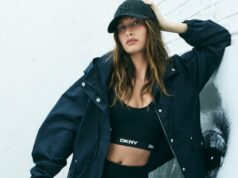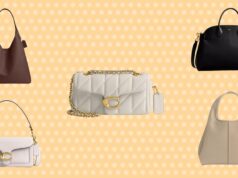From commercial faces to high-fashion supermodels, there are many different types of modeling in the industry. Each category caters to specific aesthetics, markets, and campaigns, offering unique opportunities and challenges.
This variety allows brands to connect with audiences in ways that feel both authentic and engaging. Choosing the right type of model for a particular job can make a powerful impact on a brand’s image and messaging.
Types of Modeling
Commercial Model
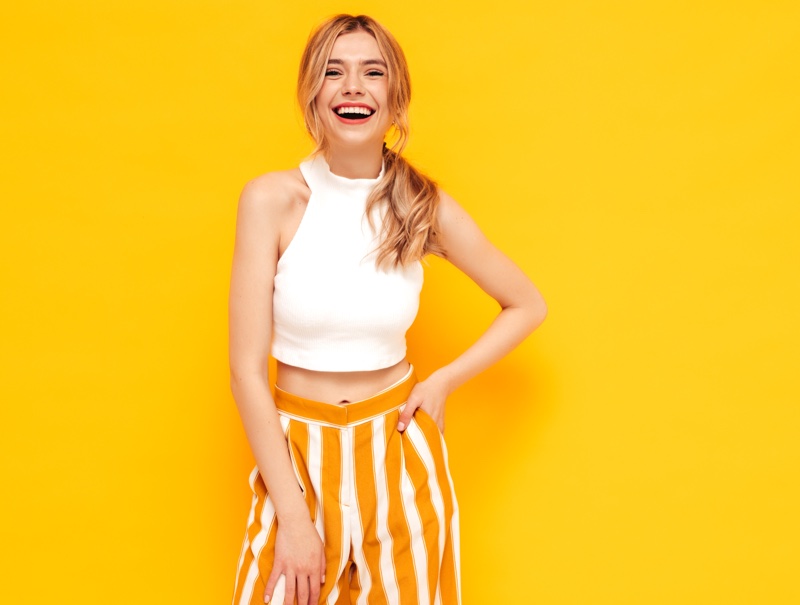
Commercial modeling is one of the most versatile areas in the industry, centered on promoting products and services across various platforms. This includes everything from magazine ads to social media campaigns. These models need to know how to be photogenic.
For those interested in commercial modeling, having an adaptable look that resonates with a broad audience is key. Models in this field work with diverse brands, gaining experience and exposure through various media types.
Swimsuit Model
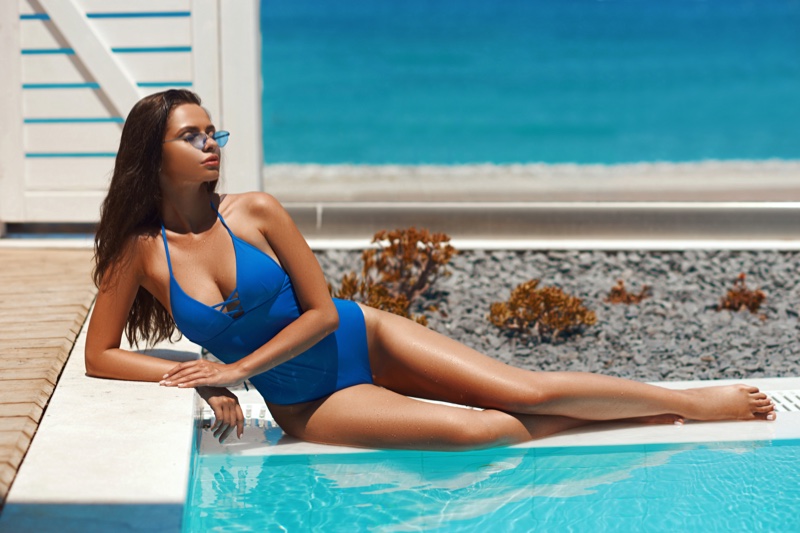
Swimsuit modeling focuses on swimwear and beachwear, often in bright, beachy settings that emphasize the model’s physique. Shoots typically capture models in energetic poses, highlighting the swimwear’s fit and appeal. Christie Brinkley and Irina Shayk are famous swimsuit models.
You should feel confident posing in a variety of swimwear styles as a swimsuit model. A fit, healthy look is generally preferred, aligning with industry expectations for this niche.
Plus Size Model
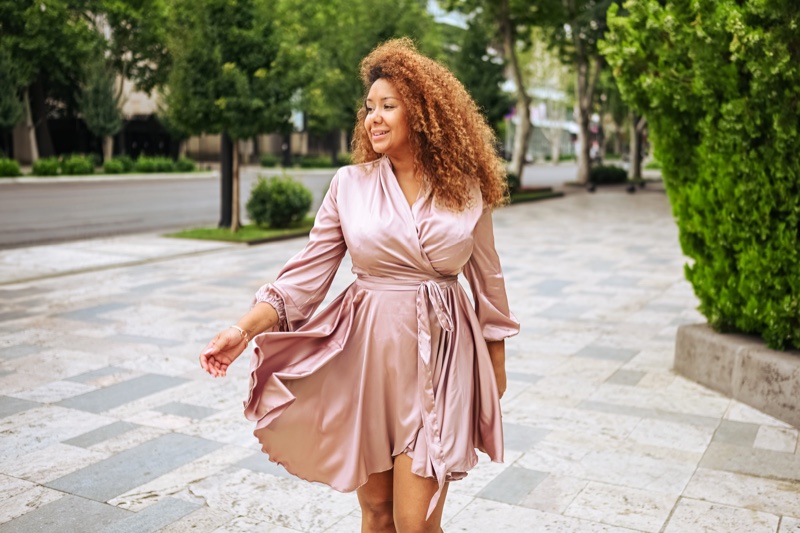
Plus size modeling has seen tremendous growth in recent years, changing beauty standards and promoting body positivity. These models typically are a size 12 and don’t fit sample sizes. Today’s top curve models include Ashley Graham and Precious Lee.
With brands prioritizing inclusivity, plus-size models have become essential to advertising strategies. They should embrace their bodies and champion the representation of diverse body types in fashion.
Lingerie Model
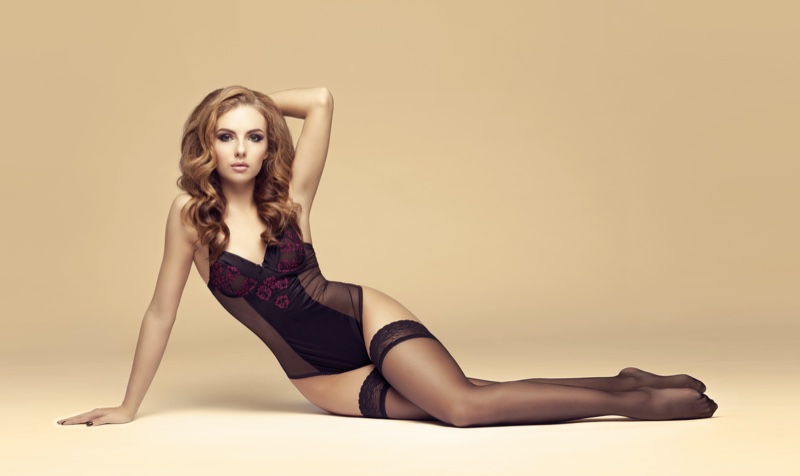
Lingerie modeling is a specialized area that focuses on intimate apparel like bras, panties, and sleepwear. Also known as a glamour model, this type of modeling highlights the garment and elements of femininity, elegance, and sensuality.
Models in this field should feel comfortable posing in various states of undress. Expressive facial expressions and strong body language are essential to convey the intended mood of each shoot.
Fashion Model
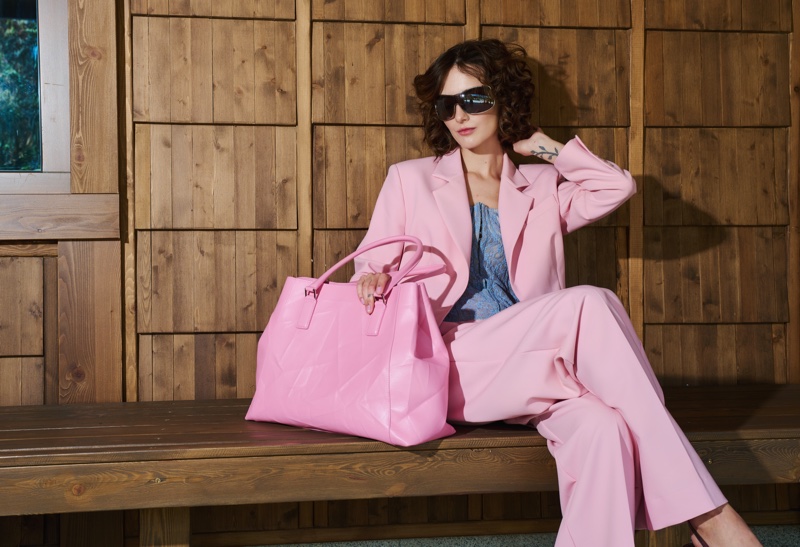
Fashion modeling is among the most recognized and glamorous forms of modeling. It often involves collaborations with high-end designers and luxury brands for runway shows and editorial shoots. Fashion models present high-end clothing lines in visually striking settings.
While a tall, lean physique is traditionally preferred, the modeling industry is increasingly embracing diverse body types. Key traits for success include versatility and the ability to capture a wide range of looks.
Fitness Model
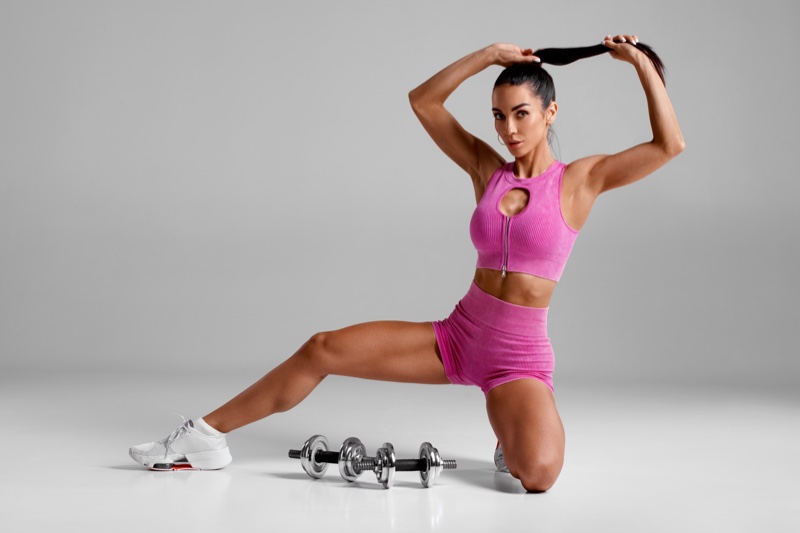
Fitness modeling focuses on health, wellness, and physical fitness. These models often promote athletic apparel, workout programs, and healthy lifestyle choices. Fitness shoots frequently involve active poses, sometimes set outdoors, to capture an energetic lifestyle.
Success in this field usually requires a disciplined exercise routine and careful dietary habits. Many fitness models also use social media to share workouts, and tips, and inspire followers toward healthy living.
Tattoo Model
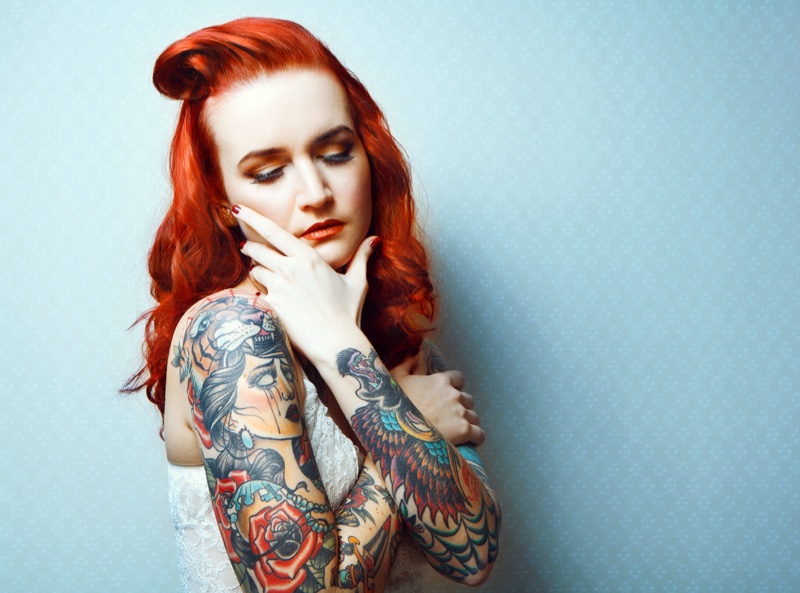
With body art becoming increasingly mainstream, tattoo modeling has carved out a unique niche in the industry. Tattoo models highlight their ink in various projects, balancing traditional beauty standards with personal expression.
These types of models should embrace their tattoos while comfortably showcasing their body art. Tattoo modeling often requires a distinct personal style, with models frequently working within fashion and music subcultures.
Runway Model
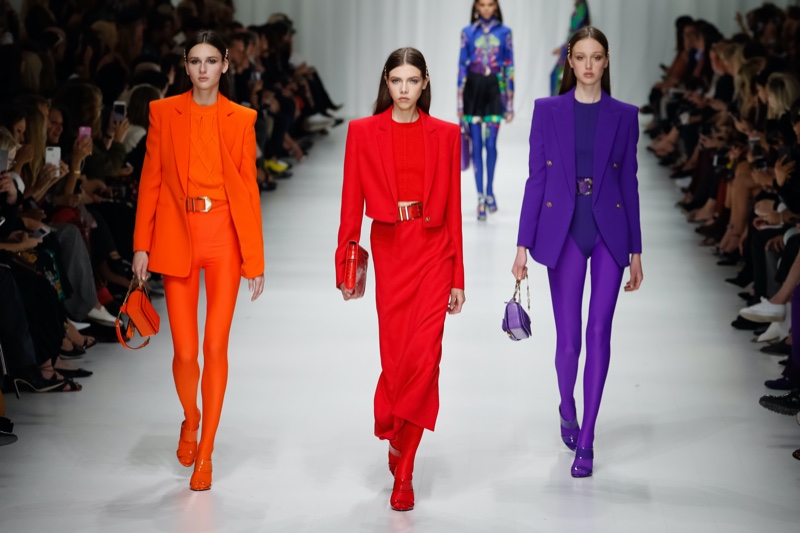
Runway modeling is a high-profile segment of the industry, involving live fashion shows where designers showcase their collections. These models walk the catwalk with utmost confidence.
Runway models are selected for a look that aligns closely with the designer’s aesthetic. Fashion shows can call for faces that are more commercial or high-fashion depending on the context.
Promotional Model
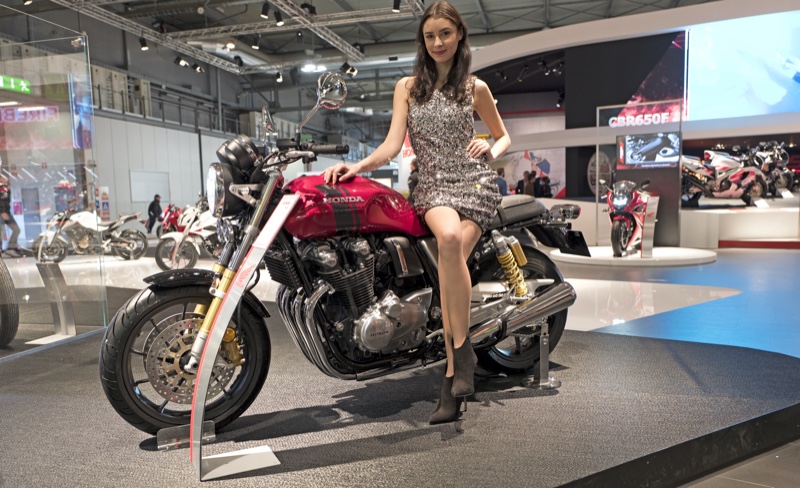
Promotional modeling focuses on product marketing at live events, trade shows, and exhibitions. Models will represent brands by engaging with customers and delivering key product messages.
This type of modeling relies on strong interpersonal skills and the ability to make meaningful connections with potential clients. A warm, approachable personality is essential.
Petite Model
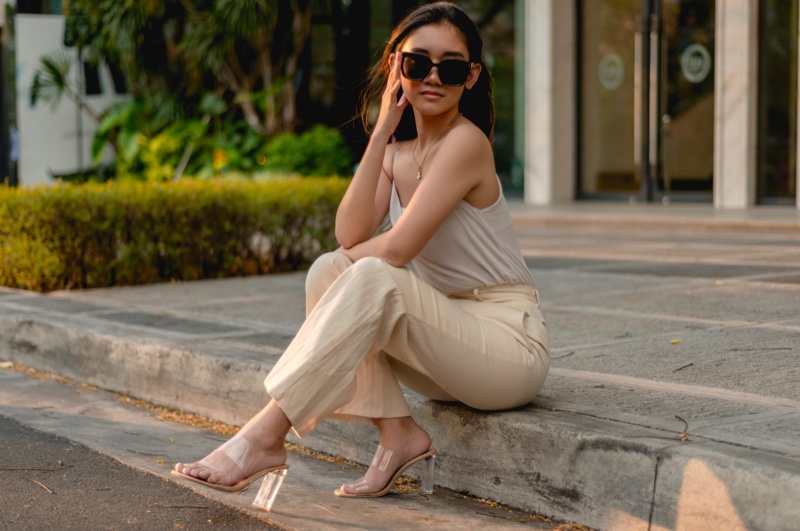
Petite modeling caters to individuals shorter than the industry standard and has gained popularity as fashion embraces a broader range of body types and heights. Petite models often showcase women’s fashion trends and appeal to specific demographics.
Editorial Model
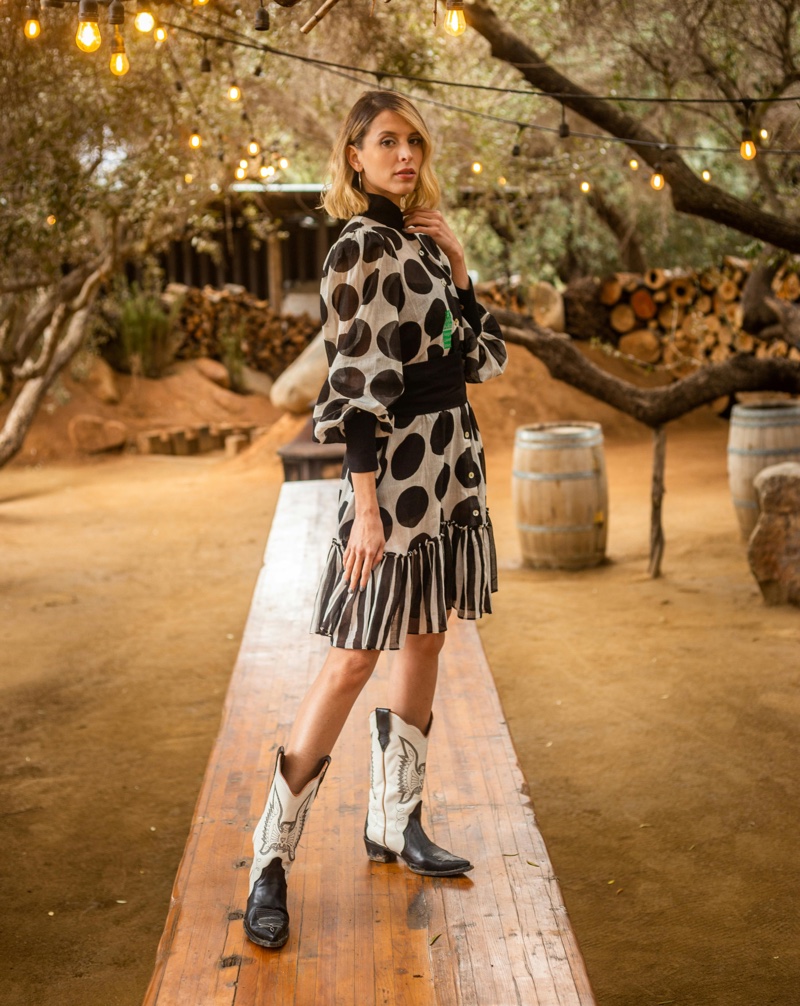
Editorial modeling is featured in fashion magazines, conceptual art, and high-fashion campaigns. These models have greater creative freedom to embody moods and concepts rather than solely promoting products. Having a nonconventional look can be an asset as well.
They need the ability to convey a range of emotions and abstract ideas through their expressions and body language. Editorial modeling often involves collaboration with creative teams to produce compelling images.
Mature Model
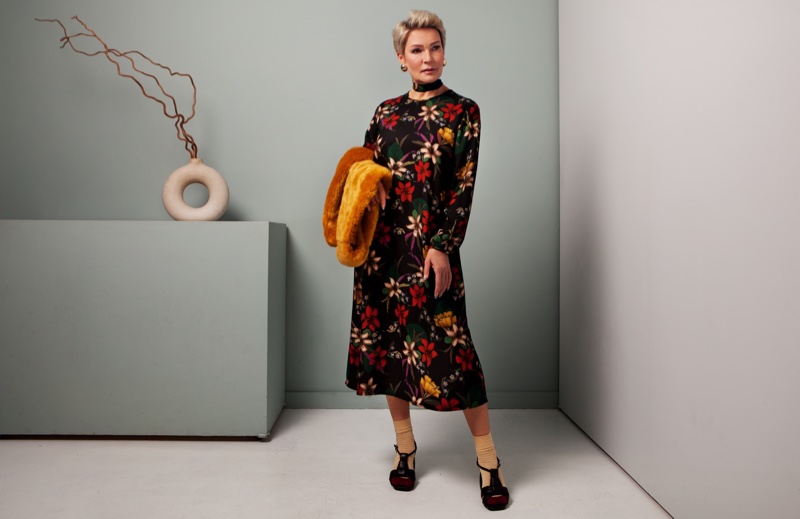
Mature modeling provides an opportunity for older models, to showcase fashion and products targeted toward an older demographic. This modeling segment embraces the beauty of aging and the experience that comes with it.
Models in this category are highlighted for their individuality. Grey hair is popular for this career.
Body Part Model
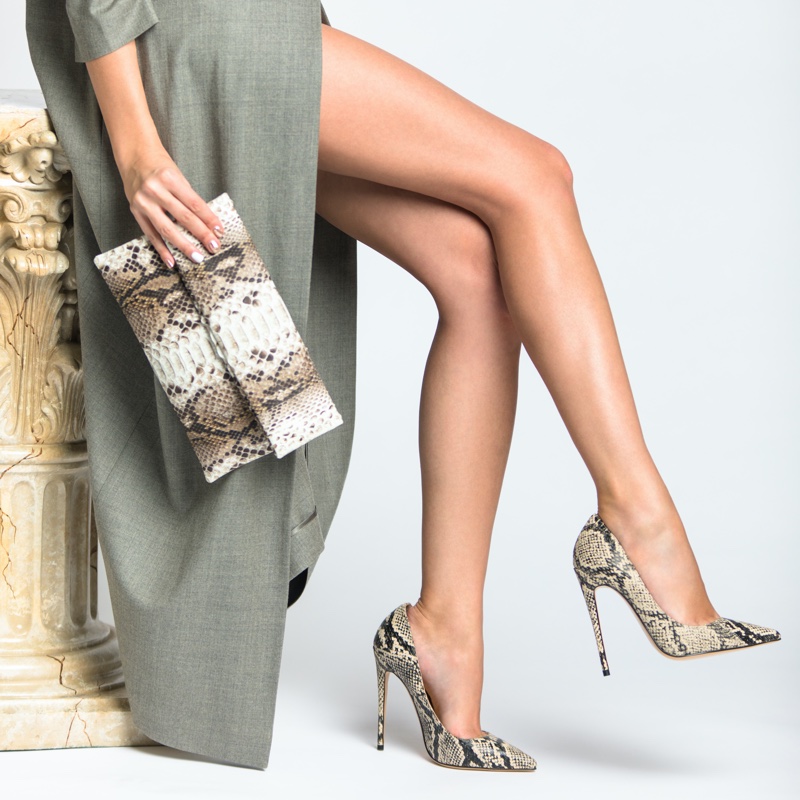
Body part modeling highlights specific features, like hands, feet, legs, or even distinct facial characteristics, often for advertisements where the product takes center stage.
Success in this niche requires careful grooming and impeccable presentation, as well-maintained features can open doors to significant opportunities.
Hair Model
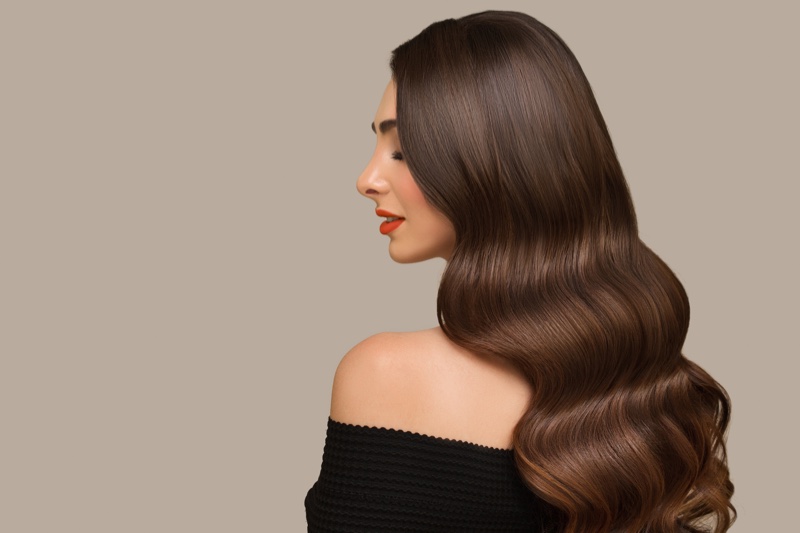
Hair modeling spotlights hairstyles, cuts, and colors, typically in partnership with hairstylists and salons to showcase the latest trends. This category appears in both print and digital media. Hair models can also be hired for trade shows and exhibits.
Models in this field should be open to experimenting with various hairstyles, cuts, and colors. Healthy hair is essential too.
Hand Model
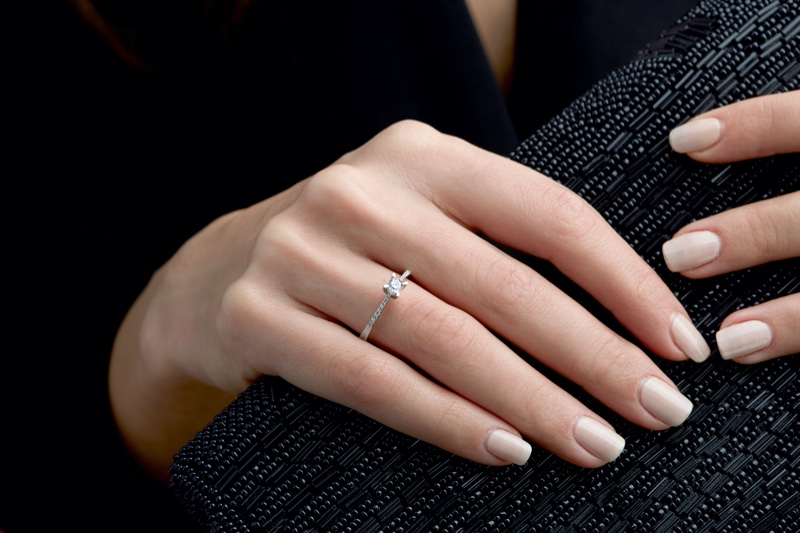
Hand modeling centers on the hands, often featured in advertisements for jewelry, beauty products, and accessories. Well-groomed, elegant hands are critical for success in this niche.
Hand models should focus on skincare, nail care, and overall hand aesthetics. They also need to master specific poses and gestures to accentuate products.
Catalog Model
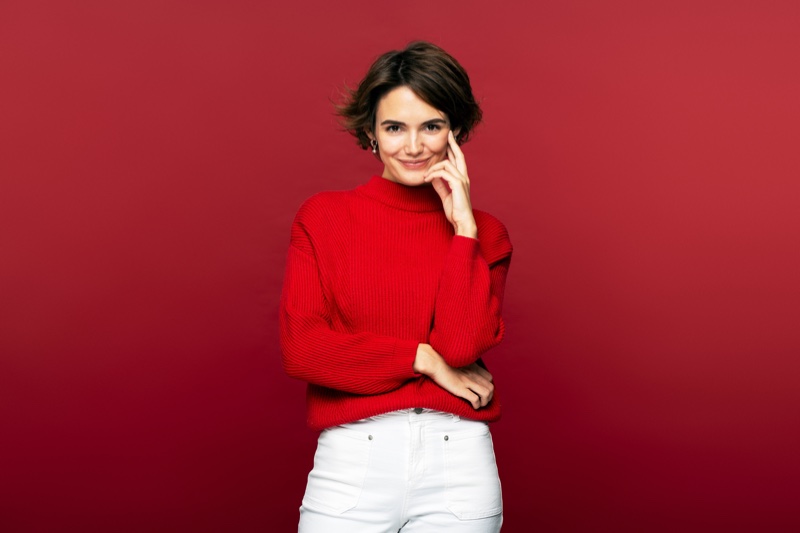
Catalog modeling focuses on presenting clothes and products for mail-order catalogs and online retail, aiming to give consumers a realistic view of how items will look.
Catalog models should have a relatable, approachable presence. They should be comfortable in various clothing types, with a natural smile and engaging demeanor. This role plays a key part in driving purchasing decisions.
Fit Model
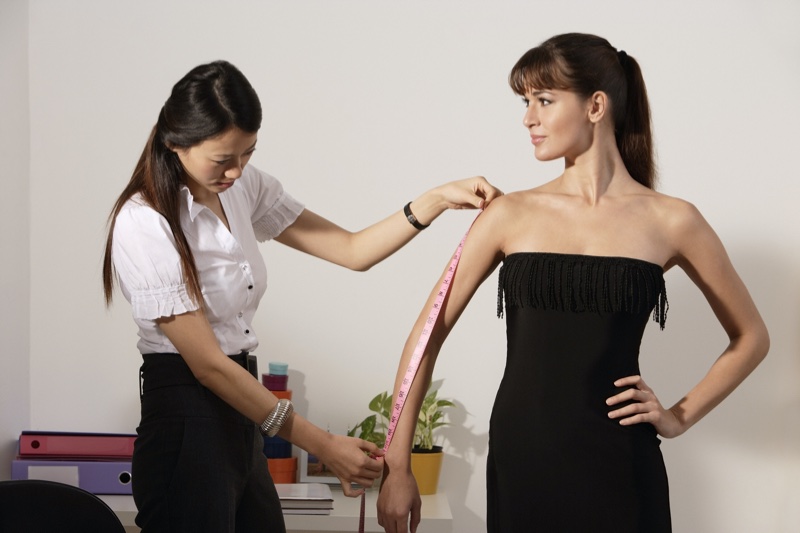
Fit modeling is a behind-the-scenes role where models wear clothing samples to help designers assess fit on real bodies and make adjustments as needed.
Fit models need consistent measurements and size stability, as their feedback on fit and function is invaluable to design teams. This essential role in the fashion industry often opens doors to other modeling opportunities.
E-Commerce Model
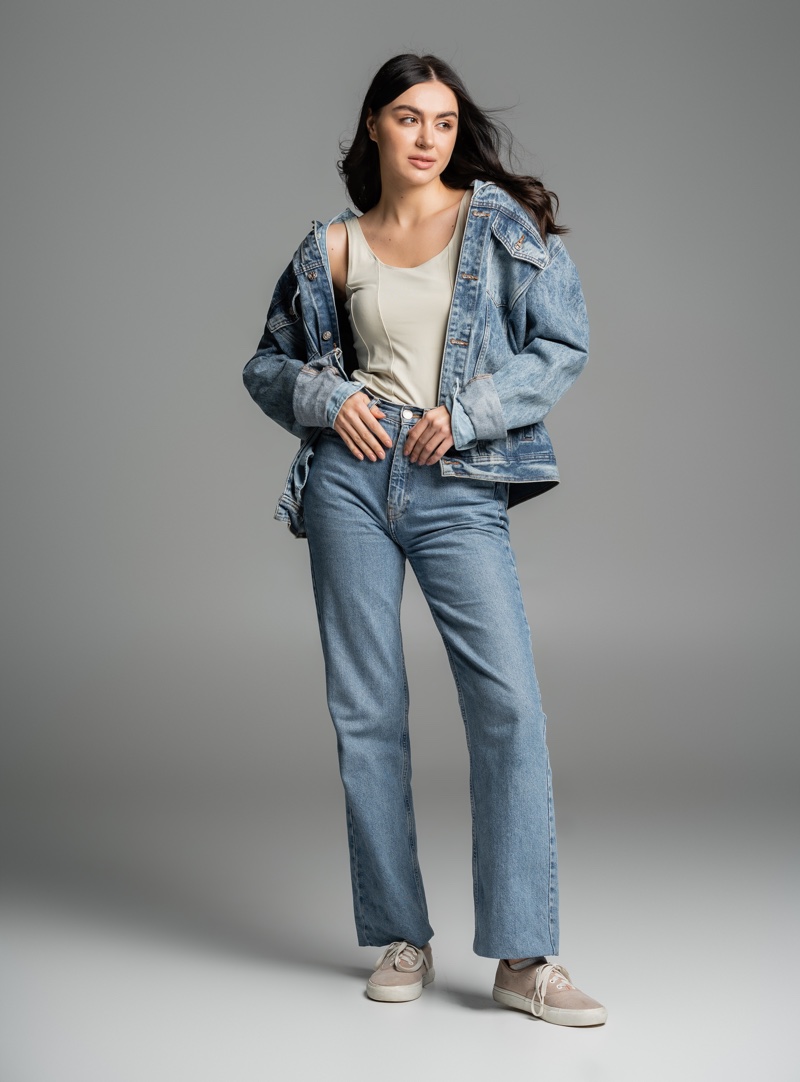
E-commerce modeling focuses on presenting clothing and products for online retail platforms, a sector that has grown significantly with the rise of digital shopping.
Models in this field must effectively showcase products to connect with potential buyers. High-quality images that capture the fit and style of the items are essential.
Child Model
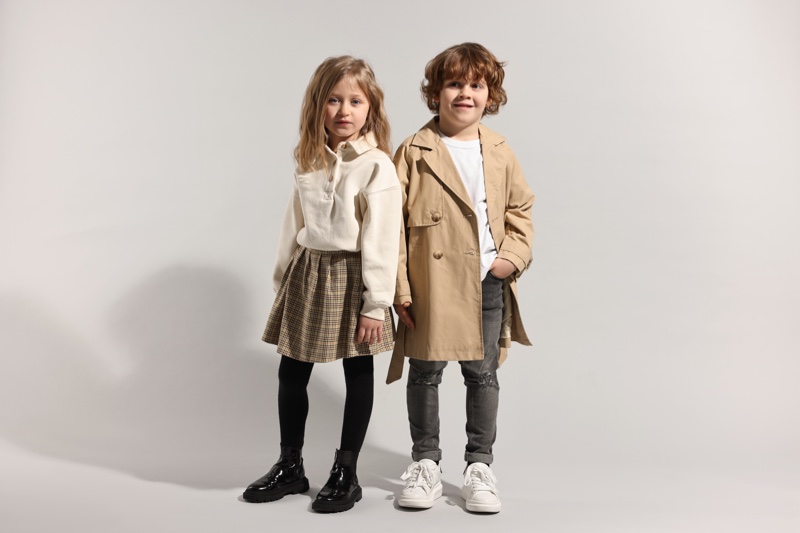
Child modeling involves young models in photo shoots or runway shows for brands targeting younger audiences, typically showcasing clothing, toys, and children’s products.
Child models must be accompanied by a parent or guardian and should have a natural ability to pose and smile comfortably. This niche requires patience and flexibility from both the child and their family.


